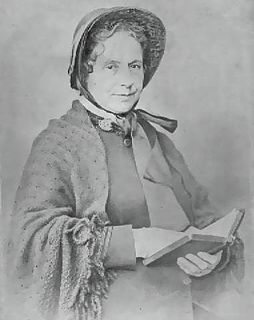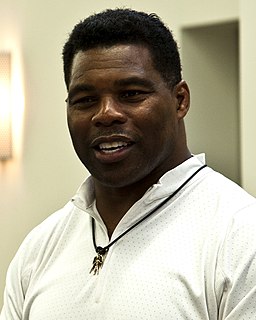A Quote by Robert Green Ingersoll
There is no necessity for going to the church and hearing the same story forever. Let the minister write what he wishes to say. Let him publish it. If it is worth buying, people will read it. It is hardly fair to get them in a church in the name of duty and there inflict upon them a sermon that under no circumstances they would read...the idea of going fifty-two days in a year to hear anybody on the same subject is absurd.
Related Quotes
Many will say, "I can find God without the help of the Bible, or church, or minister." Very well. Do so if you can. The Ferry Company would feel no jealousy of a man who should prefer to swim to New York. Let him do so if he is able, and we will talk about it on the other shore; but probably trying to swim would be the thing that would bring him quickest to the boat. So God would have no jealousy of a man's going to heaven without the aid of the Bible, or church, or minister; but let him try to do so, and it will be the surest way to bring him back to them for assistance.
If you are going to write, say, fantasy - stop reading fantasy. You've already read too much. Read other things; read westerns, read history, read anything that seems interesting, because if you only read fantasy and then you start to write fantasy, all you're going to do is recycle the same old stuff and move it around a bit.
The most important thing is you can't write what you wouldn't read for pleasure. It's a mistake to analyze the market thinking you can write whatever is hot. You can't say you're going to write romance when you don't even like it. You need to write what you would read if you expect anybody else to read it.
Before the church responded, a lot of people would ask us, 'Are you afraid of what the church would say?' And Trey and I were like, 'They're going to be cool.' And they were like, 'No, they're not. There are going to be protests.' And we were like, 'Nope, they're going to be cool.' We weren't that surprised by the church's response. We had faith in them.
In the urban community, the church doesn't just take people to Heaven; it feeds, clothes, and houses them. It teaches them how to read and gets them jobs. The church should be doing all that. What the government should be doing is freeing up the church and supporting the church, as long as it is providing social services.
I would give them (aspiring writers) the oldest advice in the craft: Read and write. Read a lot. Read new authors and established ones, read people whose work is in the same vein as yours and those whose genre is totally different. You've heard of chain-smokers. Writers, especially beginners, need to be chain-readers. And lastly, write every day. Write about things that get under your skin and keep you up at night.
The best thing about conceptual poetry is that it doesn’t need to be read. You don’t have to read it. As a matter of fact, you can write books, and you don’t even have to read them. My books, for example, are unreadable. All you need to know is the concept behind them. Here’s every word I spoke for a week. Here’s a year’s worth of weather reports... and without ever having to read these things, you understand them.
Why wouldn't somebody have the same legal rights as everybody else in our society? What is that about? I don't even understand them putting same sex marriage on the ballot. So if fifty-one percent of the people say it shouldn't happen, it's not going to happen? You can get fifty-one percent of the people to say just about anything - to say let's bring back slavery, or all Mexicans should be slaves, or something absolutely crazy like that. Does that mean we do it?
I don't think about the reader in any conscious way that impacts the writing, as far as, Hey, most readers would like this! But at the same time, if it were presented to me: "John, you're going to write a novel. It's going to take you a few years. When you're done with it, there's a law that no one's allowed to read it." I don't think I would write it. I want someone to read it!
I didn't learn how to read and write until pretty late, and it was this very mysterious, incredible thing, like driving, that I didn't get to do. And then I started writing things down on little scraps of paper and I would hide them. I would write the year on them and then I would stuff them in a drawer somewhere. But I didn't start to really read until about eight. I'm dyslexic, so it took a long time.




































